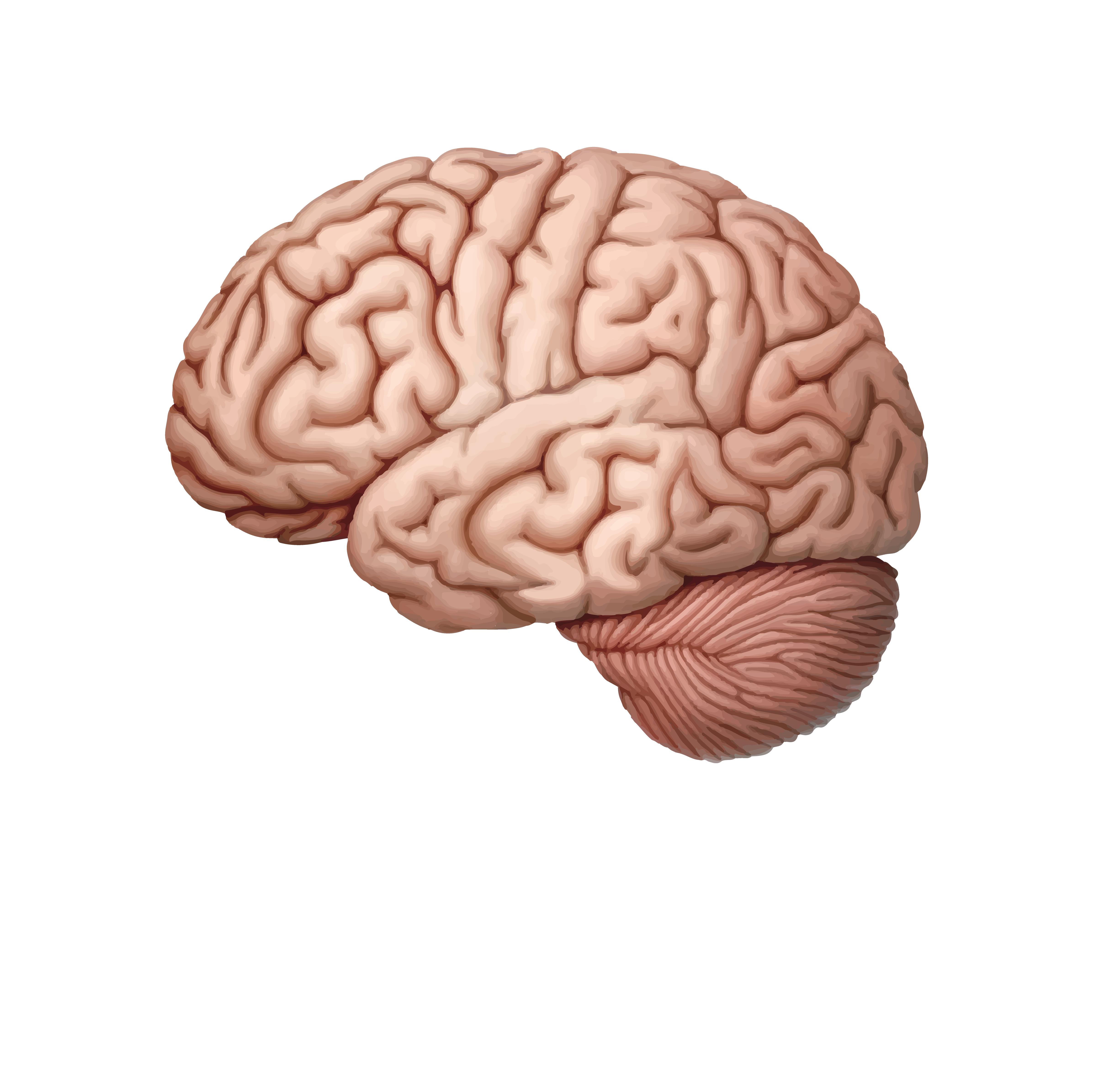Twelve 15-minute broadly-accessible tutorials (similar to TED talks at a Wikipedia-level of detail) will be presented by leading experts, starting at 4pm each day, prior to dinner:
WEDNESDAY (January 10). HEALTHY AGING
Carol Barnes (Univ of Arizona), Brain changes in normal aging.
Kirk Erickson (Advent Health), Exercise and healthy aging.
Michael Rugg (U. Texas- Dallas). Interpreting age-related differences in task-related neural activity
Fanny Elahi (Mt. Sinai School of Medicine), Vascular aging and neurodegeneration.
Abbi Hernandez (Univ. of Alabama), Diet and gut microbiome in healthy aging.
Joseph McQuail (Univ. of South Carolina), How stress affects memory in aging.
THURSDAY (January 11) . ALZHEIMER’S DISEASE AND RELATED DEMENTIAS
Pamela Ferreira (Univ. of Pittsburgh). Understanding P-tau and other plasma biomarkers for Alzheimer’s disease.
Mara Mather (USC). The locus coeruleus-noradrenergic system in aging and Alzheimer’s disease.
Bryce Mander (UC, Irvine), Sleep quality and Alzheimer’s disease.
Teal Eich (USC). Hippocampal hyperactivity in aging and Alzheimer’s disease.
Michal Beeri (Rutgers), Metabolism, brain aging, and cognitive decline.
Robert Gross (Rutgers). Neurosurgical therapies for treating Alzheimer’s disease.
In addition, there will be eight three-minute one-slide blitz talks from student fellows who were awarded travel fellowships, distributed over the two days.
Colin Magdamo (Harvard). Demonstrating the utility of large language models for early detection of cognitive Impairment.
Veronica Henao (Universidad de Antioquia, Colombia), Machine learning model for the classification of individuals at risk of Alzheimer’s dementia from multi-modal data.
Martina Hollearn (University of Utah), Exploring stimulation parameters and individual differences in amygdala-mediated memory modulation.
Steven Wellman (Columbia University), Locus coeruleus modulation in the healthy and diseased brain: Implications for therapeutic strategies against Alzheimer’s disease.
Laura Fenton (University of Southern California), Scam susceptibility is associated with lower cortical thickness in brain regions vulnerable to early Alzheimer’s disease.
Lorna Ferguson (Rice University), Relationship between Alzheimer’s disease pathology and emotional memory using a naturalistic mnemonic discrimination task.
Amber Kidwai (University of Texas). In healthy older adults, recollection-related effects in entorhinal cortex predict longitudinal memory change.
